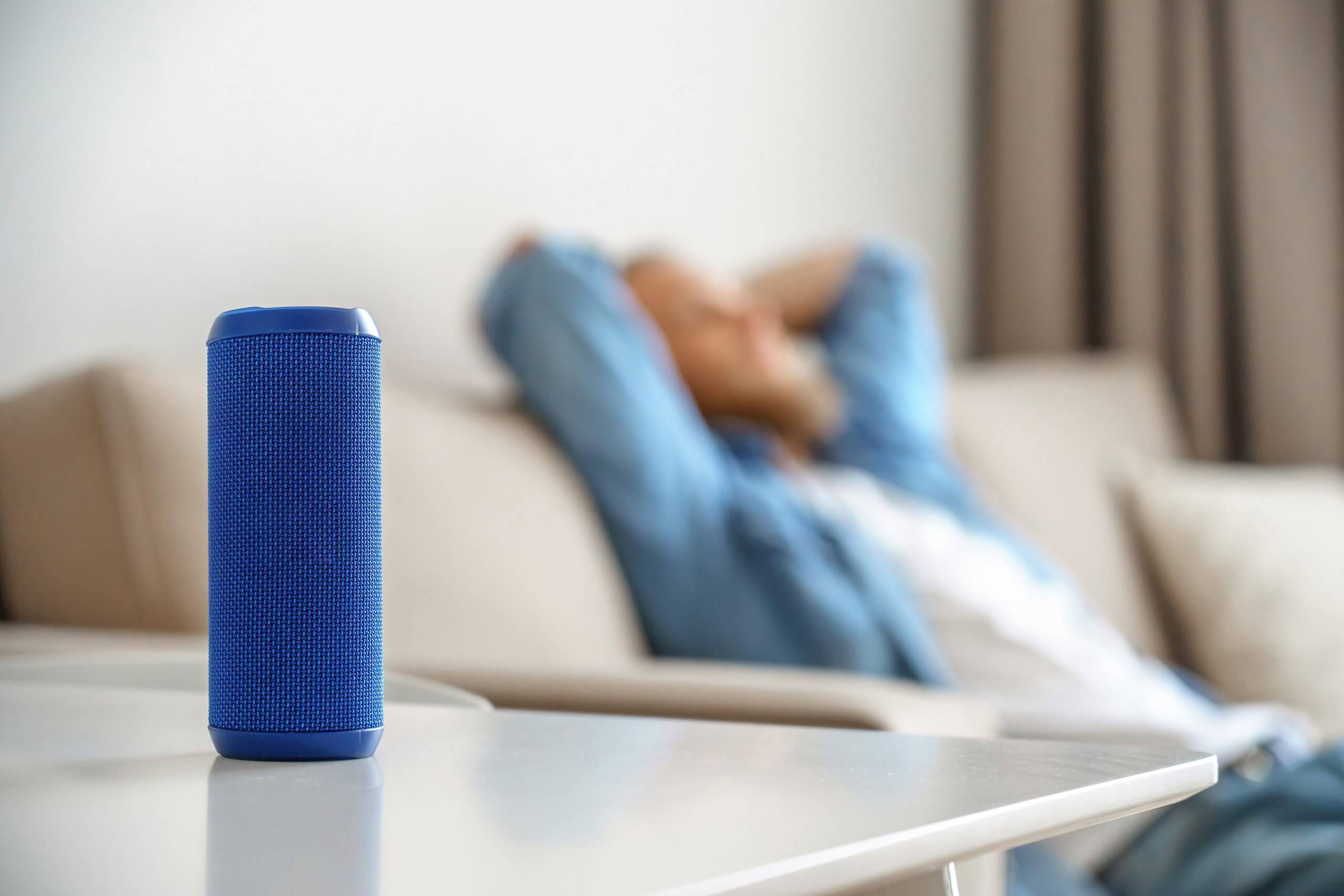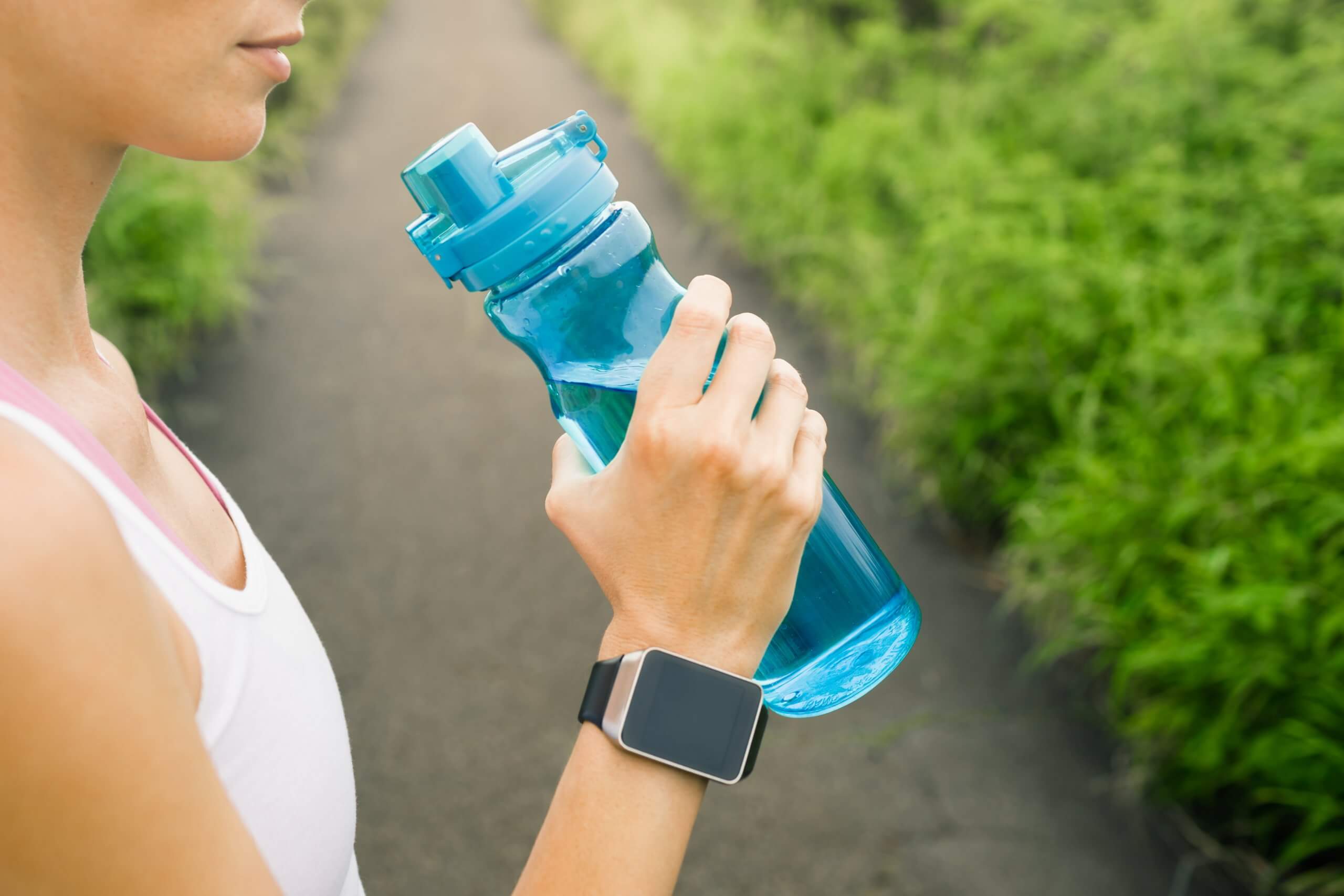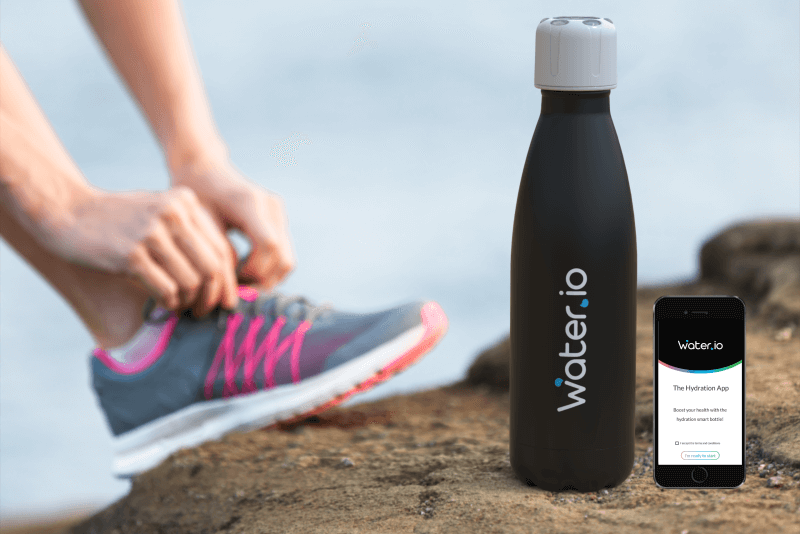The Importance of Water Consumption
Water is, and always has been, essential to everyday life. Like many other flora and fauna, humans are dependent on water to function. Our bodies are made up of nearly 70% water, and our major organs are much more dependent on it to function. According to the Mayo Clinic, our brains carry 70% water, and our lungs are made of 90% water as well. The water in our bodies helps regulate our body temperature and powers our organs, muscles, and cells to function correctly. No matter if you’re an athlete or a scientist, your body needs adequate amounts of water to survive and thrive on a daily basis.
Unfortunately, many of us still struggle with staying hydrated. Our bodies often don’t warn us that we’re thirsty until we’re already moderately dehydrated. Once this has happened, it’s hard to catch up with the amount of water we need.
Why do we get dehydrated?
Human beings have bodies that constantly lose water, and our output varies from day-to-day. Every time you sweat or urinate you lose precious hydration. If you exercise – even it’s as simple as taking a daily walk – you will sweat. Sweating is a very common source of dehydration.
Another reason humans have a hard time staying hydrated is our thirst mechanism has a sort of a delay mechanism when it comes to signaling that we need water. It’s a minor flaw in Mother Nature’s design that by the time we realize we’re thirsty, our bodies have already reached the point of moderate dehydration. As the body becomes more dehydrated, it becomes more difficult to replenish the fluids to the point of hydration. It’s often hard for us to gauge how much water we’ve lost on any given day.
When we become dehydrated, we often feel sluggish or “slowed down.” Long-term dehydration can even lead to serious health problems such as kidney stones.
For all the sweat you lose in a given day, you’ll want to take steps to replenish your reservoir. This is true for just regular, everyday activities that cause perspiration. You don’t have to be exercising to perspire Don’t forget that we often sweat when we’re nervous or simply under bright lights.
The first sign of dehydration is always thirst. Moderate dehydration is also characterized by a low-grade headache and, most commonly, fatigue. If you ignore moderate hydration, you may find yourself heading toward severe dehydration – which can lead to very serious symptoms, or even death.
What’s Best, Water Bottles, or Water Coolers?
People with hectic lifestyles often stay hydrated by making a conscious effort to drink water throughout the day. However, drinking water is not as instinctive as you’d imagine. On television and in-person, you’ll often see athletes, politicians, and other public figures with a bottle of water in hand, pro-actively drinking as they go about their day. They make a conscious effort to stay hydrated to perform at their best. The business world is well aware of the impact of dehydration. Conferences and boardrooms often pass out glasses with a pitcher of water in hopes their attendees stay hydrated and alert.
Bottled water may be preferable to you if you like “fancy” water. There are many types several different types of bottled water. Water coolers and water bottle companies cater to variety of tastes and needs. You can find bottled mineral water, spring water, purified water, sparkling water, and sterilized water for sale at just about every convenience or grocery store.
Which water works best? The answer to good hydration is “both” or “all of the above”. Whatever type of water you enjoy drinking regularly is the kind of water you should invest in. Water should be accessible wherever you spend your time. Water coolers or dispensers at the office, on company outings, and even social events encourage everyone to live more healthful lives. Water powers life on many levels. Encouraging access and consumption is always a good thing.
A personal bottle of water is a great way to keep you hydrated on the go, and water dispensers help everyone stay hydrated where they’re at.
Should I use water filters?
Some people have concerns about chemicals such as ammonia or fluoride in the tap water, as well as other impurities. Water filters typically use charcoal and other materials to filter out impurities in the water. Most cities keep track of their water purity and publish information on acceptable levels. These records should be available through your local water utility.
If you don’t like the way your tap water tastes or you’re unsure about the quality of your local water, there are water dispensers that come with water filters. Water filters are also available for purchase that can be attached to your sink. There are even personal water bottles that come with filters attached.
If you’re using water coolers or pre-packaged bottled water, a filter may actually filter out the trace minerals that attracted you to the water in the first place. You also do not need water filters if you’re using distilled water.
How much water do I need to drink?
The amount of water you should drink on a daily basis depends on your lifestyle, fitness and other habits. A good rule of thumb is to drink at least eight glasses of water (or 64 ounces) a day, but that number may be conservative for optimal health. It depends on your weight, activity level, and other factors that affect your health.
However, there are other factors to consider when deciding how much you want to drink. Coffee and alcohol are diuretics that can lead to dehydration. If you’re exercising, you’ll want to increase your water intake. If it’s a hot summer day, and you’re moving around a lot, you’ll want to make sure you keep up by drinking water throughout the day. Under any of these circumstances, you’ll want to increase your fluid intake.
Personal water bottles, water coolers, and water dispensers are all great ways to encourage hydration in our lifestyles. They’re easy to implement and start inspiring healthy habits right away. While many of us drink juice, coffee, and teas regularly, the bulk of our fluid intake should come from water. It’s the easiest, healthiest, and cheapest way to stay hydrated and health on a daily basis. It’s nature’s gift to us and helps us function higher on every level.





